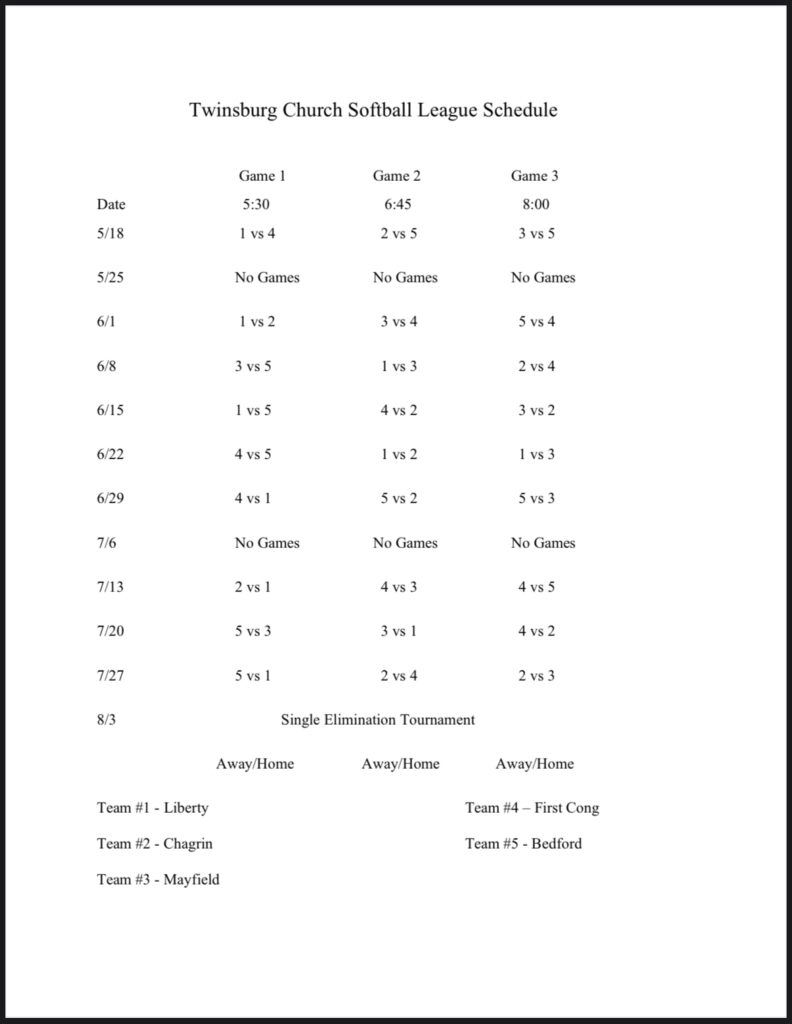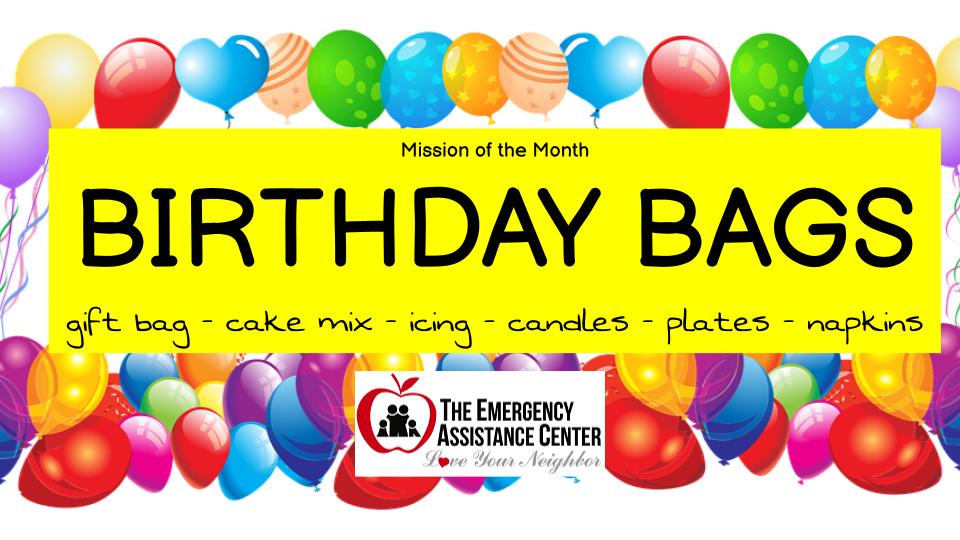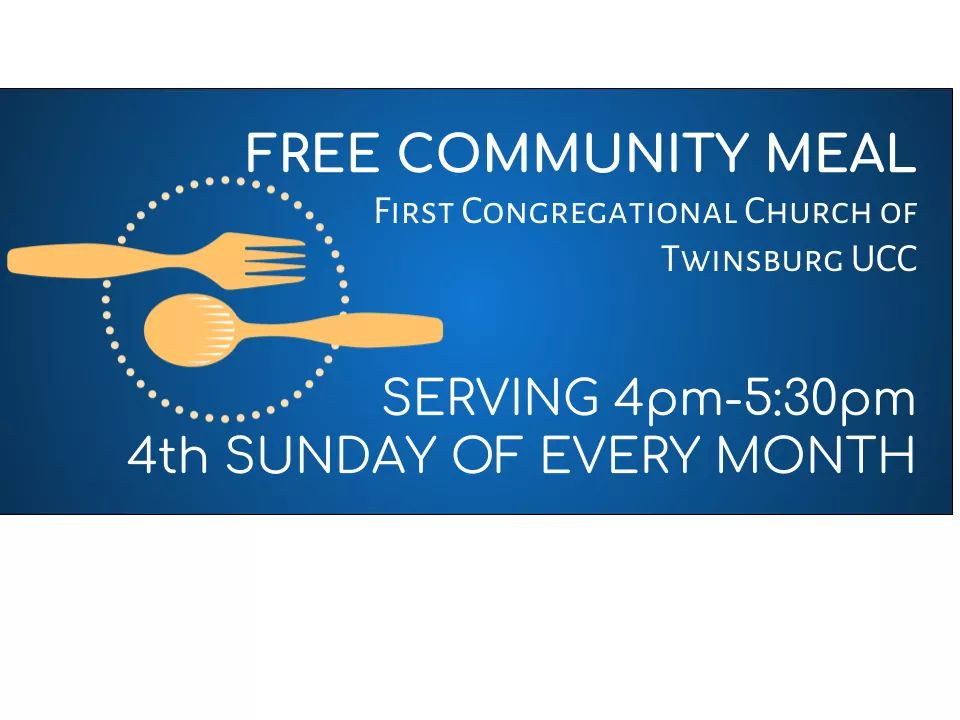We never associate Christ’s death on the cross with joy. Yes, it is the innocent being betrayed, abandoned, brutalized, and forsaken. Yet Jesus affirmed constantly that he is doing the will of God in Heaven. “Not my will, but thine be done,” is the quote from the prayer in the garden before Jesus is betrayed. Hebrews 10 makes a point of that be the prophetic word from Christ, “I have come to do you will, O God.”
Hebrews 12 gives us this association of the Cross and joy. Hebrews 12:2, “looking to Jesus, the pioneer and perfecter of faith, who for the sake of the joy that was set before him endured the cross, disregarding its shame, and has taken his seat at the right hand of the throne of God.” The way we approach Lent, and now Passion Week, often forgets and even disdains joy. In contrast, the author of Hebrews gives the joy that was to come as the reason Jesus endured the Cross and all that it entailed.
I challenged you recently to include in your spiritual disciple of Lent to name at least one thing each day that brings you joy. If we do not look for joy in our spiritual discipline, even that which is marked with repentance and self-denial, then we are not using Christ as our example. “For the joy that was set before him” should cause us to anticipate and even find the joy that we are offered in following Jesus as a disciple. Even when the requirement includes taking up our cross to follow him.
Pastor Greg
PS: I am looking forward to Maundy Thursday at 7:00 p.m. I have a sermon in the first person on the life of Judas. I have presented this on a couple of occasions and have received positive remarks about this approach to the character that betrayed Jesus Christ.






